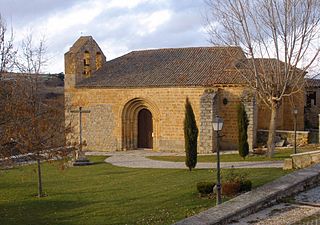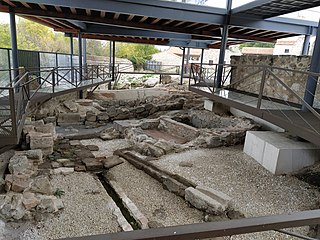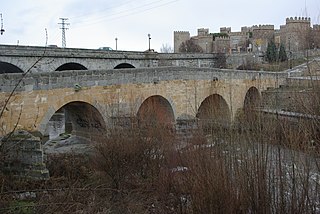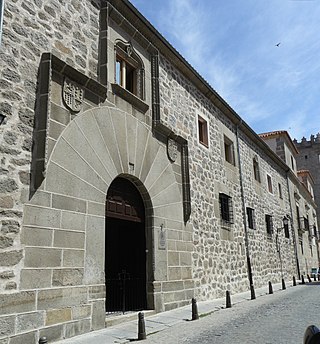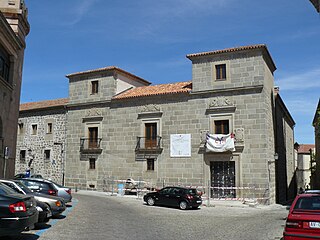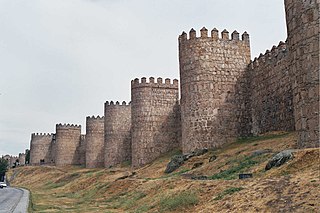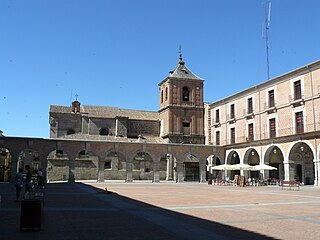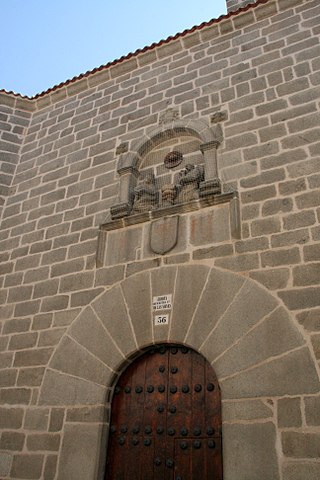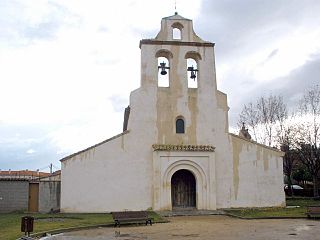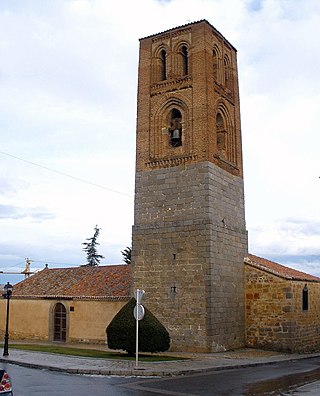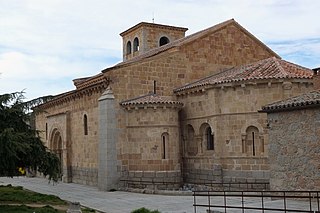Self-guided Sightseeing Tour #2 in Ávila, Spain
Legend
Guided Free Walking Tours
Book free guided walking tours in Ávila.
Guided Sightseeing Tours
Book guided sightseeing tours and activities in Ávila.
Tour Facts
3.4 km
102 m
Experience Ávila in Spain in a whole new way with our free self-guided sightseeing tour. This site not only offers you practical information and insider tips, but also a rich variety of activities and sights you shouldn't miss. Whether you love art and culture, want to explore historical sites or simply want to experience the vibrant atmosphere of a lively city - you'll find everything you need for your personal adventure here.
Individual Sights in ÁvilaSight 1: Ermita de San Segundo
The hermitage of San Segundo del Río Adaja is a hermitage outside the walls of the Spanish city of Ávila, in the autonomous community of Castile and León.
Sight 2: Tenerías de San Segundo
The ancient ones would have the Arrabal de San Segundo are an archaeological set of the Spanish city of Ávila, in Castilla y León. They have the status of cultural interest.
Wikipedia: Antiguas Tenerías del Arrabal de San Segundo (ES)
Sight 3: Puente Romano
The Roman Bridge of Ávila is a bridge over the Adaja River, in the Spanish city of Ávila.
Sight 4: Palacio de los Almarza
The Almarza Palace is a building in the Spanish city of Ávila, Castile and León. It has the status of Asset of Cultural Interest.
Sight 5: Palacio de los Superunda
The Palacio de los Superunda is a building in the Spanish city of Ávila, Castile and León. It has the status of Asset of Cultural Interest.
Sight 6: Murallas de Ávila
The Walls of Ávila, completed between the 11th and 14th centuries, are the defensive walls of Ávila, Spain, and its principal historic feature. These medieval fortifications are the most complete and best preserved in all the country. The Old Town of Ávila, including the walls and its extramural churches, was declared a UNESCO World Heritage Site in 1985.
Sight 7: Iglesia de San Juan Bautista
The Church of San Juan is a Catholic temple located in the Spanish city of Ávila, in Castile and León.
Sight 8: Capilla de Nuestra Señora de las Nieves
The hermitage of Our Lady of the Snow is a Catholic temple of the Spanish city of Ávila.
Wikipedia: Ermita de Nuestra Señora de las Nieves (Ávila) (ES)
Sight 9: Capilla de Mosén Rubí
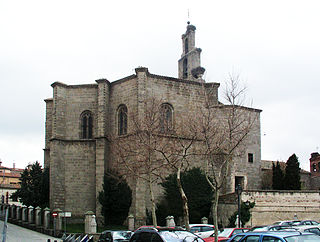
The Chapel of Mosén Rubí is a Catholic church in Spain located in the city of Ávila, belonging to the province of the same name, autonomous community of Castile and León. It was declared an Asset of Cultural Interest with the category of monument on June 13, 1991. It received its name in honor of Mosén Rubí de Bracamonte, lord of Fuentesol.
Sight 10: Ermita de Nuestra Señora de la Cabeza
The hermitage of Nuestra Señora de la Cabeza is a small Spanish Catholic hermitage of medieval origin in the city of Ávila.
Wikipedia: Ermita de Nuestra Señora de la Cabeza (Ávila) (ES)
Sight 11: Iglesia de San Martín
The church of San Martín is a small Spanish Catholic church of medieval origin in the city of Ávila
Sight 12: Iglesia de San Andrés
The church of San Andrés is a Romanesque temple built at the beginning of the twelfth century in the Spanish city of Ávila. It is one of the oldest temples in the city. The construction material is sandstone and has undergone restorations throughout the twentieth century, specifically in the 1930s and 1960s.
Share
How likely are you to recommend us?
Disclaimer Please be aware of your surroundings and do not enter private property. We are not liable for any damages that occur during the tours.
GPX-Download For navigation apps and GPS devices you can download the tour as a GPX file.
